I arrived at NCBC, Ireland's largest cattle breeding organisation, which operates a huge scale dairy and beef breeding programme. This is carried out by shareholders Progressive Genetics and Munster AI, which combined accounts for 98% of all herd recording in Ireland.
Bernard Eivers, CEO of NCBC, explained his breeding strategies for dairy which included focusing on fertility, health and maximising utilization from grazed grass. This can be achieved with the use of data analysis and genomic selection to identify the best grassland genetics.
The beef programme is designed to identify and test high genetic merit bulls of each breed for commercially important terminal and maternal traits.
Bernard has developed a highly successful breeding programme which has delivered a line-up of independently proven sires to ensure today’s market demands are met in an efficient and profitable manner.
I was first shown the procedure of making the straws, whereby each bottle and sample is firstly numbered and checked to make sure they match the code of the bull.
The sperm concentration and volume is checked using a coulter counter machine. A visual analysis then assesses the validity and motility. The dilution volume is based on the sperm concentration and volume.
Beef - 20m cells per strawDairy - 15m cells per strawFresh - 5m cells per strawFresh semen straws
NCBC is the only company in Ireland that produces fresh semen straws. The process of filling, printing and sealing of straws is carried out. Each breed has a different colour to help distinguish them. The straws are then left to cool in the fridge at 4°C to stabilise the cells.
The straws are then placed in a programmable freezer and frozen at -140°C for 7 minutes. This allows them to freeze at an even rate.
The straws are then plunged into liquid nitrogen at -196°C. Before the straws are sent out they undergo a critical quality control check which includes motility which should be 3+ to pass, live dead ratio (50% pass rate) and morphology. The straws are then quarantined for 30 days.
Edel Murphy is a PhD student working in conjunction with UL and NCBC. She is conducting research in all areas of the semen collection process in order to improve liquid, frozen and thawed semen protocols. She investigates different techniques such as assessing various diluents and freezing times. She aims to improve the semen quality for higher conception rates.
Read more
Jodie's blog: weaning piglets and the nutritional requirements of sows
I arrived at NCBC, Ireland's largest cattle breeding organisation, which operates a huge scale dairy and beef breeding programme. This is carried out by shareholders Progressive Genetics and Munster AI, which combined accounts for 98% of all herd recording in Ireland.
Bernard Eivers, CEO of NCBC, explained his breeding strategies for dairy which included focusing on fertility, health and maximising utilization from grazed grass. This can be achieved with the use of data analysis and genomic selection to identify the best grassland genetics.
The beef programme is designed to identify and test high genetic merit bulls of each breed for commercially important terminal and maternal traits.
Bernard has developed a highly successful breeding programme which has delivered a line-up of independently proven sires to ensure today’s market demands are met in an efficient and profitable manner.
I was first shown the procedure of making the straws, whereby each bottle and sample is firstly numbered and checked to make sure they match the code of the bull.
The sperm concentration and volume is checked using a coulter counter machine. A visual analysis then assesses the validity and motility. The dilution volume is based on the sperm concentration and volume.
Beef - 20m cells per strawDairy - 15m cells per strawFresh - 5m cells per strawFresh semen straws
NCBC is the only company in Ireland that produces fresh semen straws. The process of filling, printing and sealing of straws is carried out. Each breed has a different colour to help distinguish them. The straws are then left to cool in the fridge at 4°C to stabilise the cells.
The straws are then placed in a programmable freezer and frozen at -140°C for 7 minutes. This allows them to freeze at an even rate.
The straws are then plunged into liquid nitrogen at -196°C. Before the straws are sent out they undergo a critical quality control check which includes motility which should be 3+ to pass, live dead ratio (50% pass rate) and morphology. The straws are then quarantined for 30 days.
Edel Murphy is a PhD student working in conjunction with UL and NCBC. She is conducting research in all areas of the semen collection process in order to improve liquid, frozen and thawed semen protocols. She investigates different techniques such as assessing various diluents and freezing times. She aims to improve the semen quality for higher conception rates.
Read more
Jodie's blog: weaning piglets and the nutritional requirements of sows




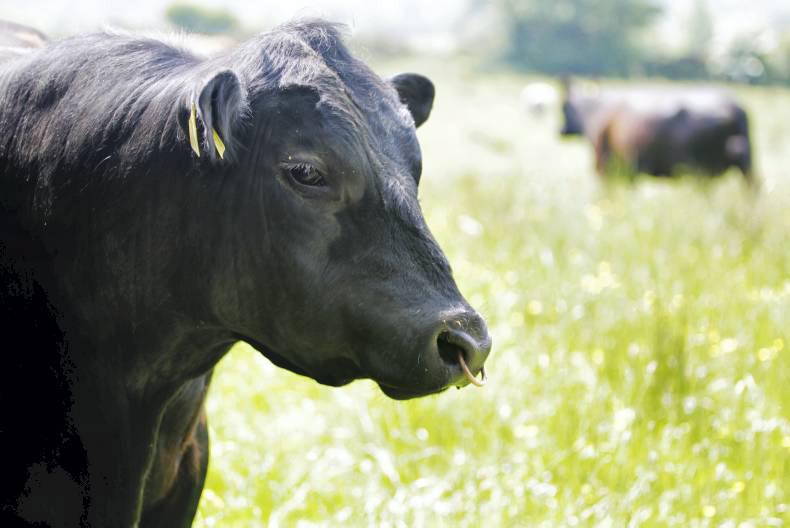
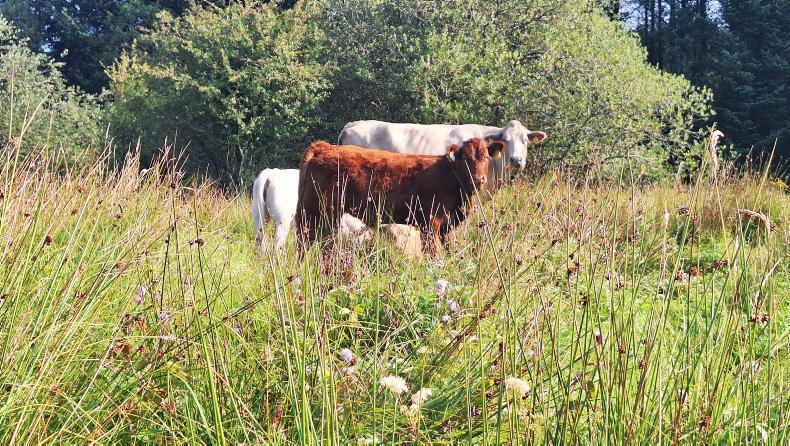

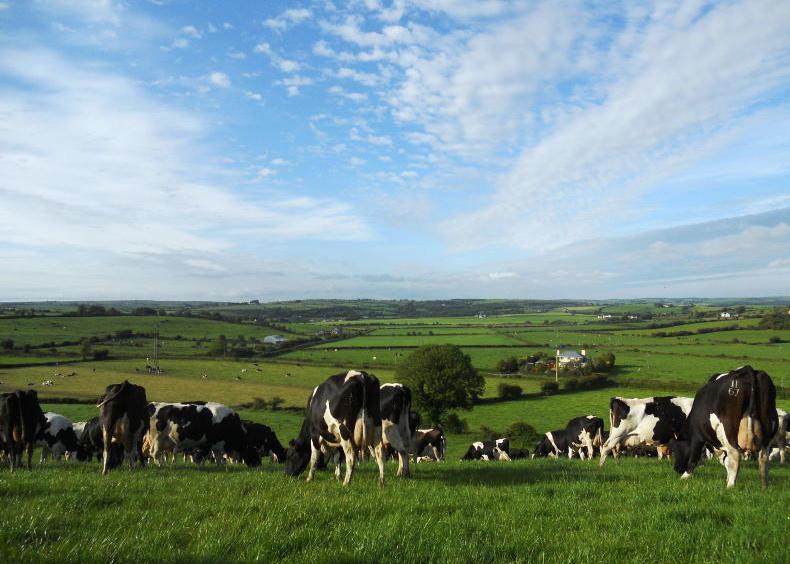
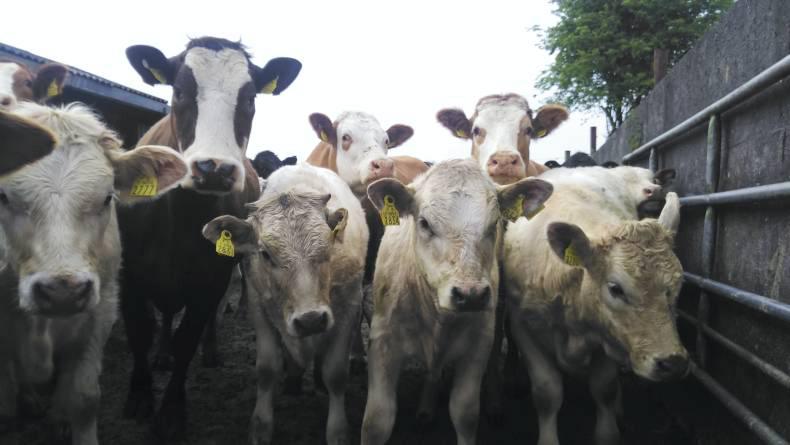
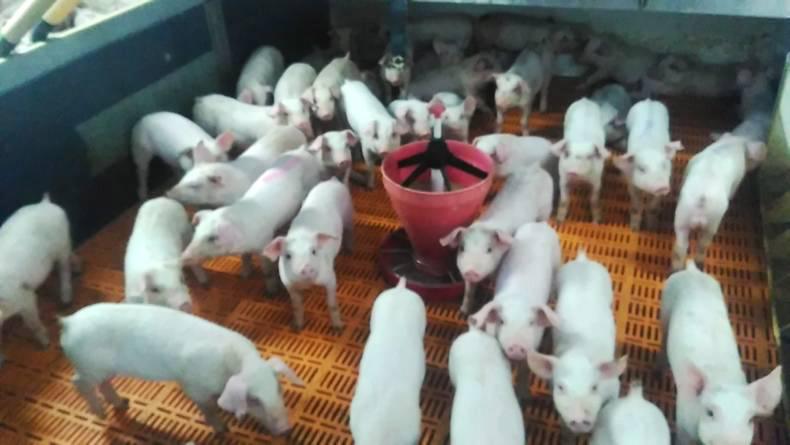
SHARING OPTIONS